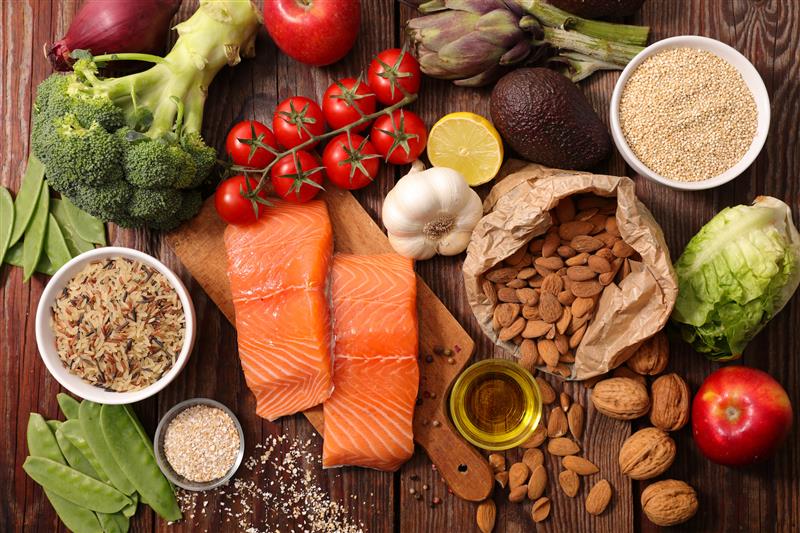The Mediterranean diet is one that’s well recognised for its
benefit to human health, with those who eat Mediterranean-based foods perceived
as some of the healthiest people on the planet.
We take a look at some great examples of the benefits of local food around Europe:
Cilento, a region in southern Italy
Thought to be home to particularly healthy residents, whose diets are
high in Mediterranean staples – including extra virgin olive oil, nuts and
vegetables.
This diet, in particular, is widely accredited for its
ability to reduce the risk of the onset of many serious illnesses – including
heart disease, Alzheimer’s and certain cancers. Largely based on oils, oily
fish, nuts and vegetables, the Mediterranean diet focuses on eliminating foods
that cause inflammation – such as sugars and dairy – whilst increasing the
intake of healthy fats.
The benefits of Extra Virgin Oil
Extra virgin olive oil, for example, is known for its
high monounsaturated fatty acid content, which can help with weight loss,
decreased inflammation and reduced risk of heart disease.
Interesting clinical trials, which first took place in France, have since shown that a Mediterranean-based diet reduces the instances of cardiovascular problems.
However, the extent to which these results can be applied to the average Westerner’s lifestyle is questioned, considering their contrasting stress levels, circadian rhythm and poorer diets that can have significant implications on their overall health.
More recently, a study was conducted in Spain, whereby
subjects were either given a litre per week of extra virgin olive oil and a
daily allowance of nuts – which are both highly consumed in the Mediterranean diet
– or put on a low-fat diet. The results showed that those who consumed the
olive oil and nuts presented a 30% reduced risk of heart attacks and stroke.
Although the Mediterranean diet cannot be proven to extend
your lifespan by a significant amount, it does help the average elderly
individual live a healthier, more fulfilling life.
Put simply, the diet can’t be solely responsible for longevity; it should be paired with an active lifestyle that limits exposure to harmful toxins. This is, arguably, more
difficult in the modern day as a result of increased screen time and reduced
physical activity.
In addition to staying active and picking up healthy habits,
anyone can transition towards a Mediterranean-inspired diet, which largely
includes:
- Abundant fruit and vegetables
- Nuts, seeds, legumes
- Whole grains, herbs, breads
- Fish, seafood, extra virgin olive oil
The Mediterranean diet has been shown to contribute towards
improved overall health, but it must be combined with an otherwise healthy
lifestyle to maximise its benefits on the body.
The importance of food at The Huntington & Langham estate
At the Huntington & Langham Estate, we have always
believed in this type of balanced approach to care, and indeed life, by
considering people’s overall wellbeing rather than simply focusing on their
medical care. This has always involved wholesome home-cooking, enjoyment of our
surrounding countryside, and an active social life.
The importance of this was highlighted, when a lady moved in to Huntington House from hospital. Her family had thought she had given up on life, as she had not eaten for almost a week; but to their surprise, she had enjoyed a plate of scrambled eggs within hours of arriving. Medically she is at the end of her life, but holistically, she is now living
rather than dying.
It’s never too late to benefit from a healthier, more
fulfilling life; regardless of whether it helps you live longer, it can
certainly help you live better.
This blog has taken inspiration from ‘A Visit to the Land of
Happy Old People’, a detailed article about the benefits of living a
Mediterranean-inspired lifestyle.

